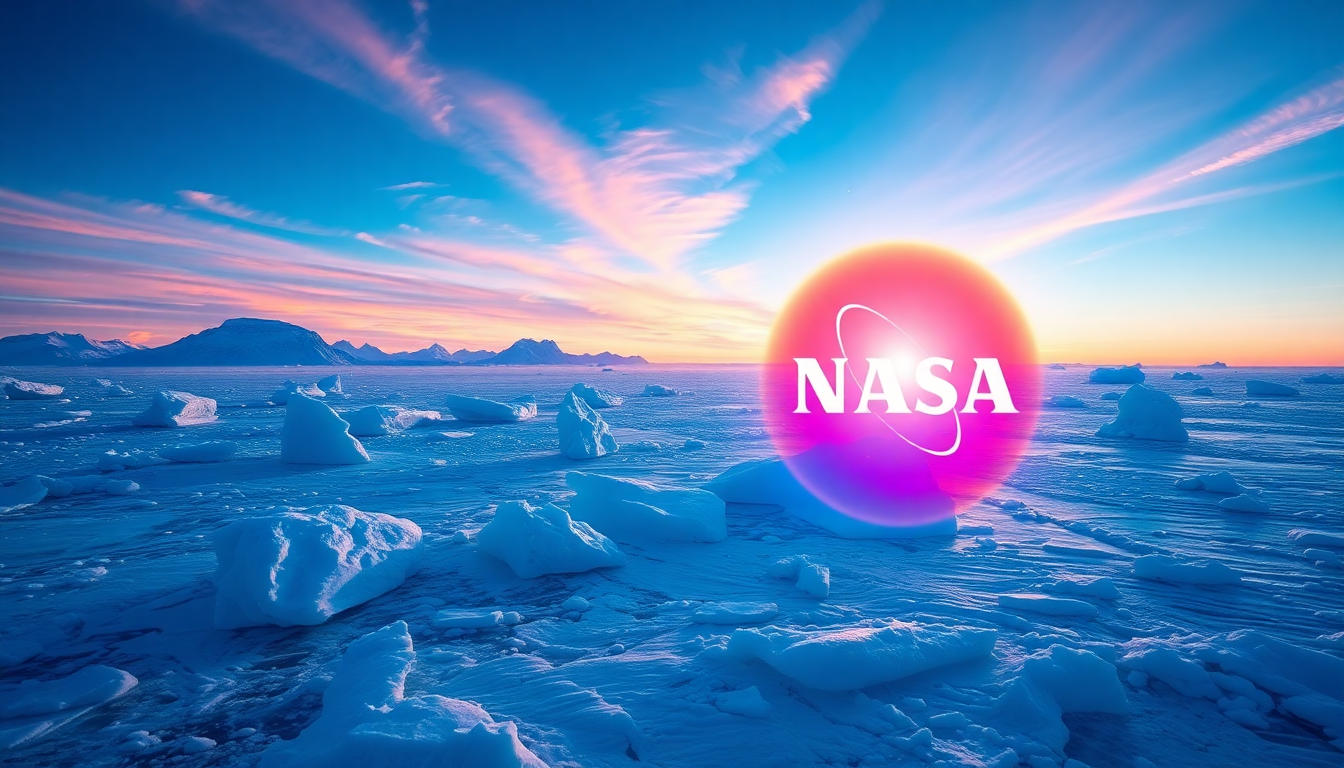The Ozone Layer: Our Earth's Protective Sunscreen
Gather 'round, ozone enthusiasts and sunburn-phobic folks! We've got some celestial news that might compel you to put down that SPF 50 for a moment. The ozone layer – our beloved Earth's protective shield against harmful ultraviolet radiation – is healing. And if you haven't already, it's time to do your vitamin D dance.
According to a sensational revelation by scientists (the lab coat-wearing kind), the hole in the ozone layer above the Antarctic has shrunk to the seventh-smallest size since 1992. That's the year those nasty chemicals known as chlorofluorocarbons, or CFCs, were banned and our collective sigh of relief echoed across the planet.
The Great CFC Ban: Acknowledging Past Mistakes
Now, you might be wondering, "What are these pesky CFCs?" Well, imagine them as the villainous henchmen in a Hollywood film, diligently chipping away at our precious ozone layer. CFCs were once ubiquitously used in everything under the sun, from aerosol spray cans to the frosty coolant in your fridge. Fun times, right?
The good news is that after the Montreal Protocol in 1987 paved the way for international cooperation, we collectively ditched these ozone-depleting agents. By 1992, most developed countries had kissed CFCs goodbye, giving way to our current skew towards a healthier atmosphere. Thanks to this feat, the ozone hole shrank to its seventh-smallest size in 2024. But that's not all, folks!
NASA's Revelation: A Hole-less Future?
NASA, the space wizards, have been busy peering into the Antarctic skies, and they predict the grand closing act for our ozone scar is not too far off. The question that hovers in the cosmic air now is, "When will this ozone waywardness finally close for good?" Well, according to their crystal space ball, the answer might be closer than you think.
The Healing Ozone: A Promising Forecast
Picture the ozone layer stitching itself back up like a magic trick. NASA scientists have forecasted a gradual healing process, predicting that the ozone layer could return to its pre-1980 levels by the time we hit the 2070s. This prediction is riding the wings of a successful reduction in harmful substances, continuing to advocate the importance of environmental stewardship.
What Does This Mean for Us Earthlings?
Hold on to your hats, because this means restocking that sunscreen tri-annually might just become a thing of the past (future marketing spin opportunity here, businesses!). In a few decades, we could be able to bask in the sun with fewer UV-related worries. To put this in entertainment terms, we might experience fewer villain plotlines of mutated sun creatures in subsequent decades.
The Path Forward for Future Generations
While the news is undoubtedly positive, it's a gentle reminder that our commitment to environmental consciousness is crucial. Continued vigilance, innovation in eco-friendly alternatives, and stringent policies are our modern heroes in this saga. The options are as vast as space itself – and it's about time we ignited conversations on how personal efforts can add up to global change.
Join the Cosmic Conversation
What are your thoughts on this atmospheric healing? Do you have hope, skepticism, or a funny take? Drop your worldview in the comments and enlighten us! Become part of the "Shining City on the Web" community and join the iNthacity journey. Don't forget to like, share, and spark a healthy debate with your fellow Earth dwellers. This isn't just a science issue – it's the movement of our generation.
Now over to you, dear reader. What changes will you make to contribute to this positive cosmic forecast? Are you ready to witness the phenomenon of the ozone hole closing and play an active role in this global transformation?
Until next time, keep looking up!
Disclaimer: This article may contain affiliate links. If you click on these links and make a purchase, we may receive a commission at no additional cost to you. Our recommendations and reviews are always independent and objective, aiming to provide you with the best information and resources.
Get Exclusive Stories, Photos, Art & Offers - Subscribe Today!
























Post Comment
You must be logged in to post a comment.